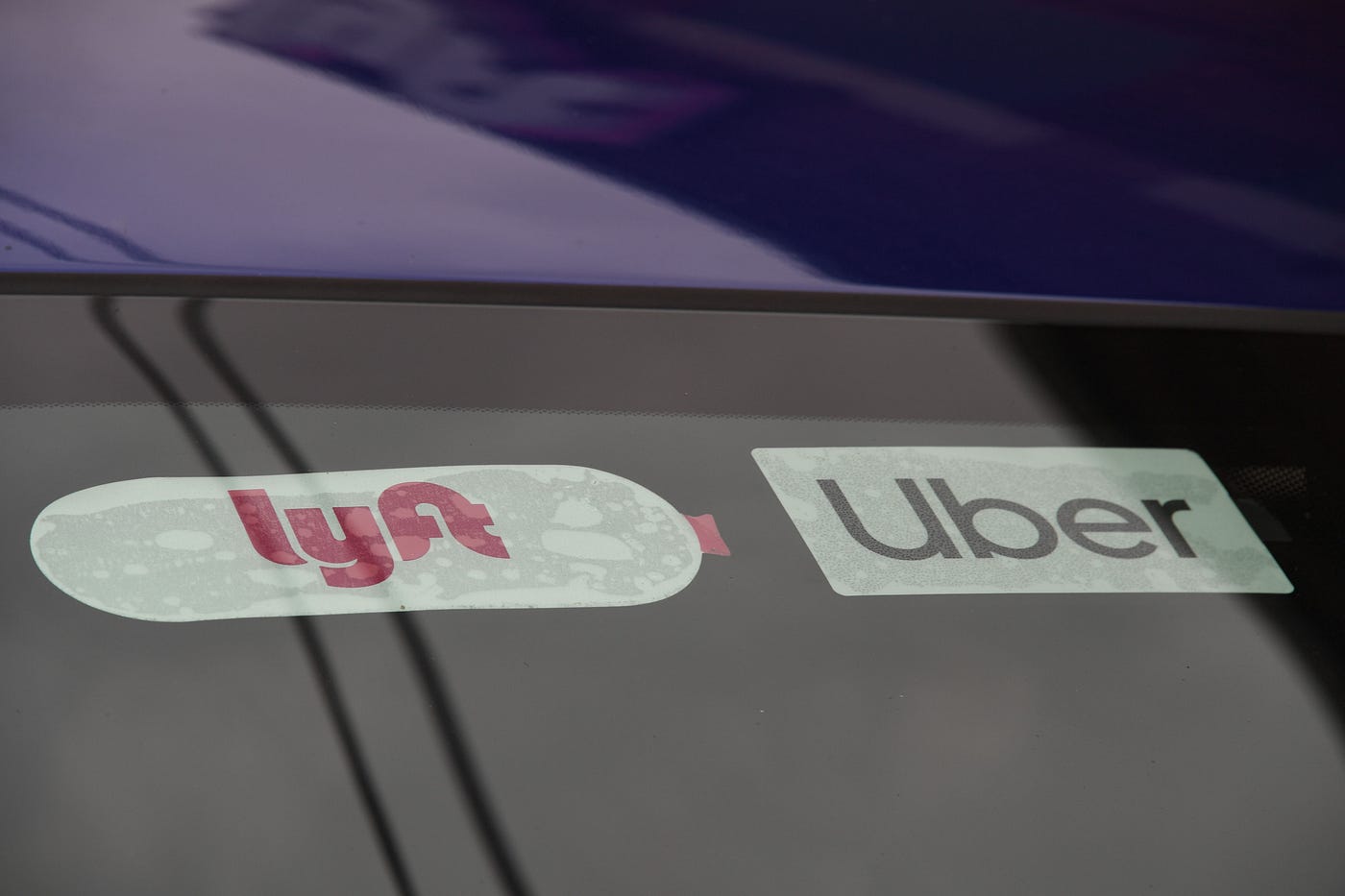
Massachusetts’ attorney general, Andrea Joy Campbell, is taking Uber and Lyft to court in a landmark trial starting Monday, May 20th, alleging that the ride-sharing companies have improperly classified their drivers as independent contractors instead of employees.
This legal action is part of a broader push in the Democratic-led state—and nationally—to address the employment status of drivers in the gig economy, which has become a significant part of the U.S. labor landscape.
The trial, held in Suffolk County Superior Court without a jury, could reshape the employment model for app-based companies by potentially reclassifying gig workers as employees. This would entitle them to employment benefits such as minimum wage, overtime pay, and earned sick time—benefits currently withheld under the independent contractor classification.
How Much Does Misclassification Save Companies?
Massachusetts’ legal stance is backed by its worker-friendly laws, which include a stringent three-part test that the state argues Uber and Lyft cannot pass to justify their classification of drivers as independent contractors.
Studies cited by the state support the view that employing workers as contractors can save companies up to 30% in costs, showcasing the financial incentive companies might have to resist changes to worker classification.
On the defense, Uber and Lyft assert that their business models function as tech platforms rather than transportation services. They argue that their apps merely facilitate connections between drivers and riders, which does not fit the traditional employer-employee relationship.
During a pre-trial hearing on Thursday, Rohit Singla, representing Lyft, stated that transforming their business model to employ drivers would be infeasible, indicating that such a change could jeopardize their operations in Massachusetts.
The timing of the trial is crucial as it follows a week after Massachusetts’ highest court considered allowing a voter ballot in November. This industry-backed ballot measure aims to define drivers as independent contractors while granting them certain new benefits. The court is also reviewing a rival labor-backed measure that would enable drivers to unionize, reflecting the ongoing legal and political struggle over gig worker rights.
The origins of this lawsuit trace back to 2020, initiated by Campbell’s predecessor, Maura Healey, who now serves as Massachusetts’ Democratic governor. The state has expressed that, should they prevail, Uber and Lyft could face significant penalties for past misclassifications.
According to a state auditor’s report, by not classifying their drivers as employees, Uber and Lyft have avoided paying $266.4 million into crucial state funds like workers’ compensation, unemployment insurance, and paid family medical leave over a decade.
Related News:
Featured Image courtesy of ROBYN BECK/AFP via Getty Images
